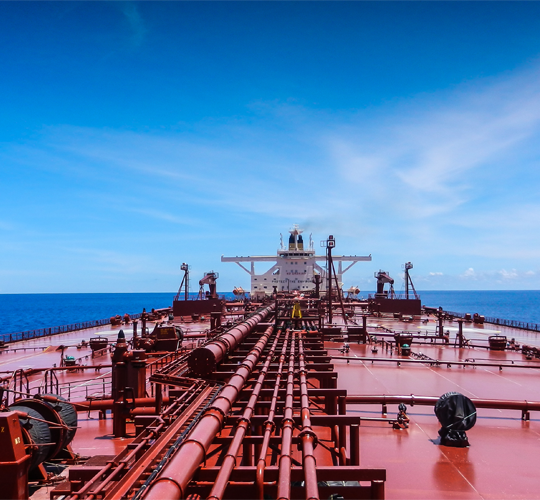For those who navigate the high seas, understanding the intricacies of marine fuel oil is paramount. This essential resource powers the world’s ships and vessels, ensuring global commerce, travel, and transportation. Here is what every seafarer should know about marine fuel oil.
Types of marine fuel oil
Marine fuel oil is a broad category encompassing various types of fuels, each with its characteristics and uses. The most common types include:
Heavy fuel oil (HFO): This is a thick, viscous fuel with high sulfur content. It’s often used in large commercial vessels due to its cost-effectiveness. However, it produces substantial emissions and is subject to environmental regulations.
Marine gas oil (MGO): MGO is a lighter, lower-sulfur fuel compared to HFO. It’s typically used in smaller vessels, such as yachts and fishing boats, as well as for auxiliary engines on larger ships.
Liquefied natural gas (LNG): LNG is a cleaner-burning alternative to traditional marine fuels, with lower emissions of sulfur, nitrogen oxides, and particulate matter. It’s gaining popularity as an eco-friendly option for certain vessels.
Bunker C oil: Also known as residual fuel oil, bunker C oil is a heavier and cheaper alternative to MGO, often used in older ships and industrial applications.
Environmental regulations
The environmental impact of marine fuel oil has come under scrutiny in recent years. International Maritime Organization (IMO) regulations have been implemented to curb emissions from ships and reduce the sulfur content in marine fuels. The 2020 IMO sulfur cap mandates that marine fuels contain no more than 0.5% sulfur, significantly reducing air pollution from the industry.
Fuel efficiency
Fuel efficiency is a top concern for seafarers and ship operators. Efficient engines and optimized voyage planning can help reduce fuel consumption. Slow steaming, a practice of operating ships at reduced speeds is another strategy to conserve fuel. Regular maintenance and proper lubrication also play a crucial role in ensuring engines operates at peak efficiency.
Fuel quality and contamination
Maintaining the quality of marine fuel oil is vital. Contaminated fuel can lead to engine damage, breakdowns, and operational disruptions. Seafarers should be aware of proper storage and handling procedures to minimize the risk of contamination.
Fuel management
Seafarers must manage fuel efficiently to ensure they have enough for the entire journey. Fuel consumption depends on factors such as speed, load, and weather conditions. Keeping accurate records and closely monitoring fuel levels can prevent running out of fuel in the middle of the ocean.
